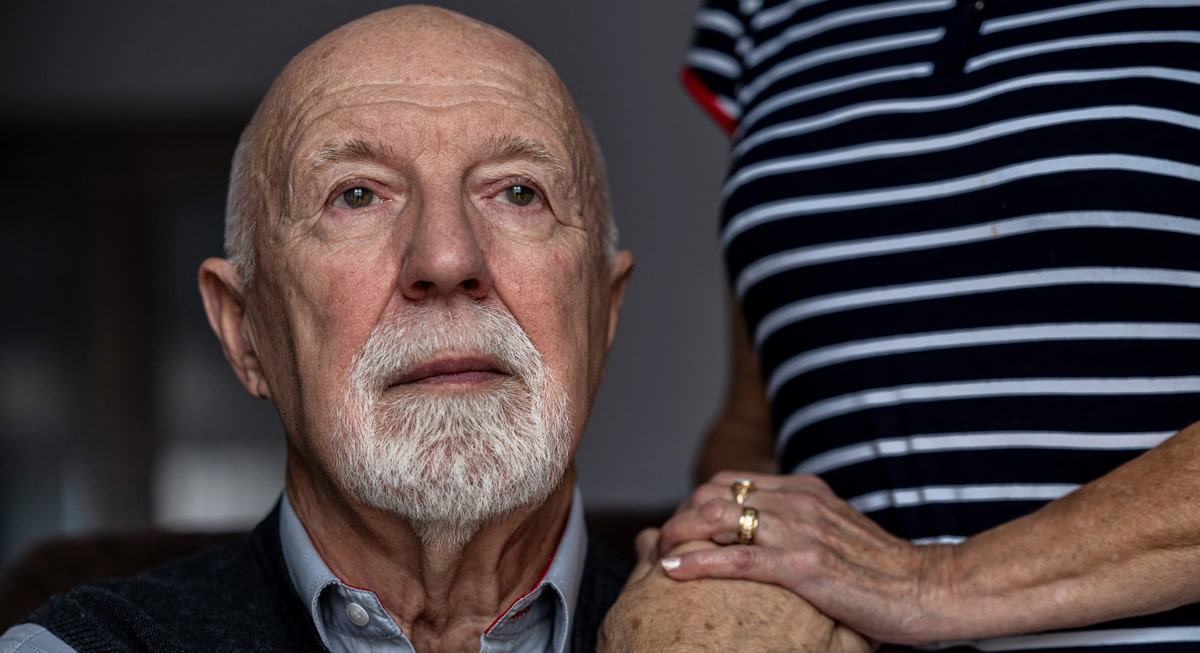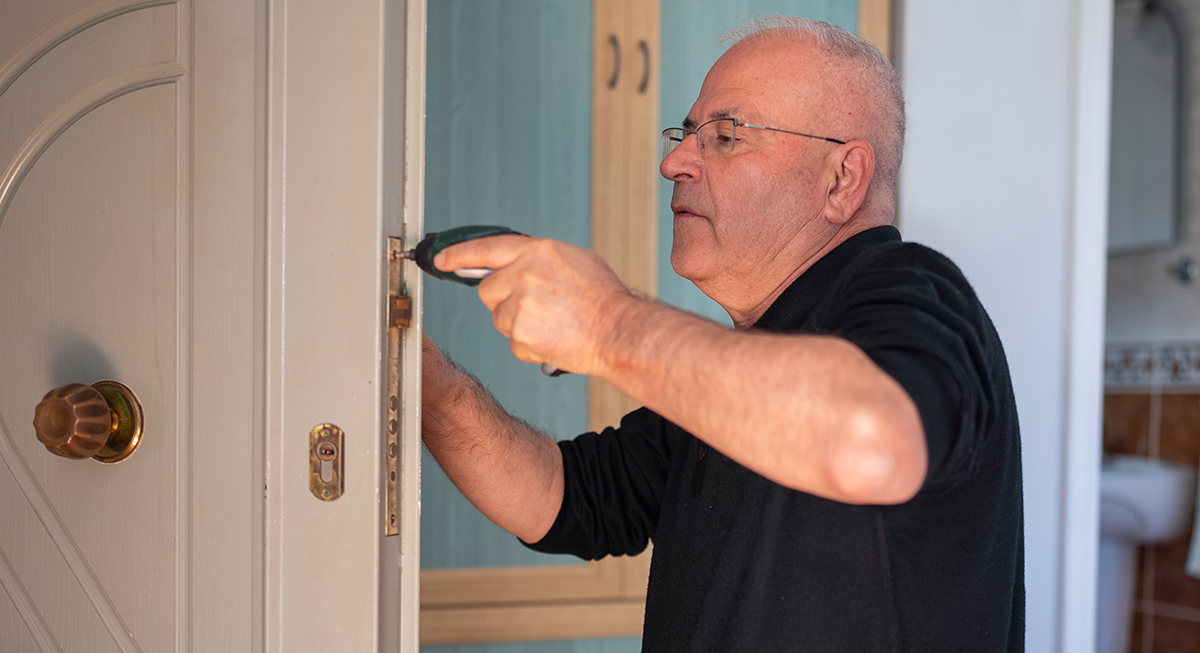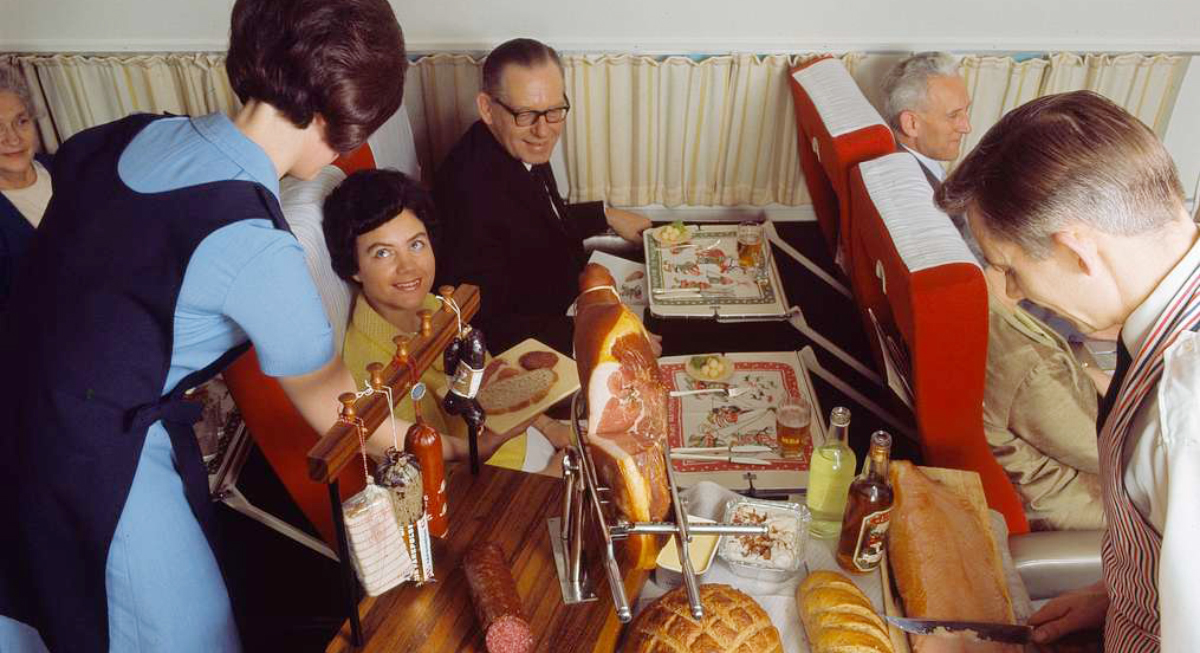Over on The Consumerist, they recently posted an article about a restaurant owner who had $1.28 million debited from her bank account by the utility company. This was, of course, a mistake, and the utility company is fixing the bill and paying the overdraft charges on her bank account. The restaurant owner had received the bill, but hadn't looked at it too closely, as her utility bill was always around $1200, and she somehow didn't notice all of the extra zeros. Besides, since she paid with direct debit, she didn't have to sit down and figure out exactly what she had to pay - that part was taken care of.
In the comments, a number of people said "This is why you shouldn't use direct debit." I disagree. I think that perhaps this is why you shouldn't use direct debit on your debit card or bank account, but I think it's more a lesson of looking at your bills. She received a bill from this company. She should have looked at it more closely.
I don't use direct debit, as I never use a debit card, but I do have a few bills that I auto-pay on my credit card. Some, like my gym membership, are a fixed monthly fee. I have budgeted for them and know when they are charged to my account, so a few days after that date, I check my credit card statement online to be sure that everything is as it should be. Also, I didn't have a choice in this matter. To get the "deal" on the membership, I have to use auto-pay. I'm okay with that.
Other bills, like my cable bill, fluctuate a bit. The cable bill only typically fluctuates a few cents, so it's not a big deal. I do get a hard copy of this bill, however, and I look at it every month to see if the bill has gone up or down and why. I don't want to find out that somehow, my neighbor's been stealing my cable and buying all sorts of pay per view movies, after all!
A lot of personal finance bloggers advocate automating your finances as much as possible, and I agree - I automate my savings. But I physically pay my credit card bills and am sure to closely track everything that is related to auto-pay. And I never have anything linked directly to my bank account. It's not too difficult to dispute a huge charge on my credit card, but even if I can challenge a huge debit to my bank account, I still have to have other funds in that account to cover what I need to buy until the dispute is resolved.









